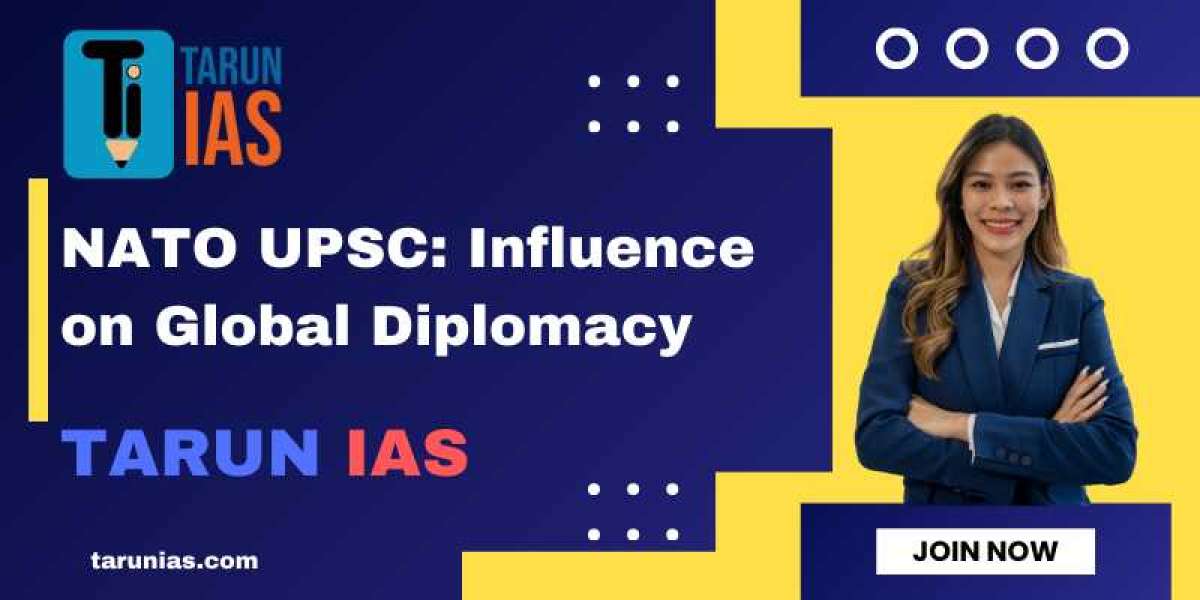NATO UPSC: Influence on Global Diplomacy
The North Atlantic Treaty Organization (NATO), originally conceived as a defensive alliance against the Soviet Union, has evolved into a significant global actor shaping international diplomacy. Understanding NATO's role, its impact on global security, and its relationship with other key players is crucial for UPSC aspirants. the nuances of NATO UPSC influence on global diplomacy.
Historical Evolution of NATO
NATO was founded in 1949 in response to the perceived threat from the Soviet Union. Its primary objective was to provide collective security for its member states. With the end of the Cold War, NATO transformed, expanding its mandate to include crisis management, peacekeeping, and cooperative security.
NATO's Impact on Global Diplomacy
NATO's influence on global diplomacy extends beyond its traditional role as a military alliance:
- Normative Power: NATO has played a significant role in shaping international norms and standards, particularly in areas such as human rights and democratic governance. Its principles of collective defense and cooperative security have influenced the behavior of other states.
- Crisis Management and Peacekeeping: NATO has been involved in numerous peacekeeping and crisis management operations, such as in Bosnia, Kosovo, and Afghanistan. These operations have demonstrated the alliance's ability to contribute to global stability.
- Counterterrorism: Following the 9/11 attacks, NATO expanded its focus to include counterterrorism. The alliance has played a key role in the fight against terrorism, particularly in Afghanistan.
- Cybersecurity: NATO has recognized the growing threat of cyberattacks and has taken steps to enhance its cybersecurity capabilities. The alliance is working to develop common standards and practices to counter cyber threats.
- Emerging Technologies: NATO is also exploring the potential of emerging technologies, such as artificial intelligence and autonomous systems, to enhance its capabilities and address future security challenges.
NATO and the Global South
NATO has sought to engage with countries in the Global South to address shared security challenges. This has included cooperation on counterterrorism, maritime security, and disaster relief. However, the alliance's relationship with the Global South has been complex, with some countries viewing NATO as a Western-dominated institution.
NATO and Russia: A Complex Relationship
NATO UPSC eastward expansion has been a major source of tension with Russia. Moscow views the alliance as a threat to its security interests, leading to a resurgence of geopolitical rivalry. This has implications for global stability and the future of European security.
Challenges and Opportunities for NATO
NATO faces several challenges in the 21st century:
- Adapting to New Threats: Traditional security threats have been joined by new challenges such as terrorism, cyberattacks, and climate change. NATO must adapt its strategies to address these emerging threats.
- Maintaining Unity: With diverse interests among its member states, maintaining unity within NATO can be challenging.
- Balancing Relations with Russia: NATO must find ways to manage its relationship with Russia while ensuring the security of its members.
Despite these challenges, NATO also presents opportunities:
- Global Leadership: NATO can play a leading role in addressing global security challenges, such as climate change and maritime security.
- Normative Power: The alliance can continue to shape international norms and standards, promoting human rights and democratic governance.
- Cooperation with Partners: NATO can strengthen its partnerships with non-member states to address shared security challenges.
Conclusion
NATO UPSC has evolved from a regional alliance to a global actor with significant influence on international diplomacy. Its policies and actions have shaped the global security landscape in profound ways. Understanding NATO's history, its current role, and its challenges is essential for UPSC aspirants. By analyzing the complexities of NATO's relationship with other states, its impact on global security, and its prospects, candidates can demonstrate a comprehensive understanding of international relations.








